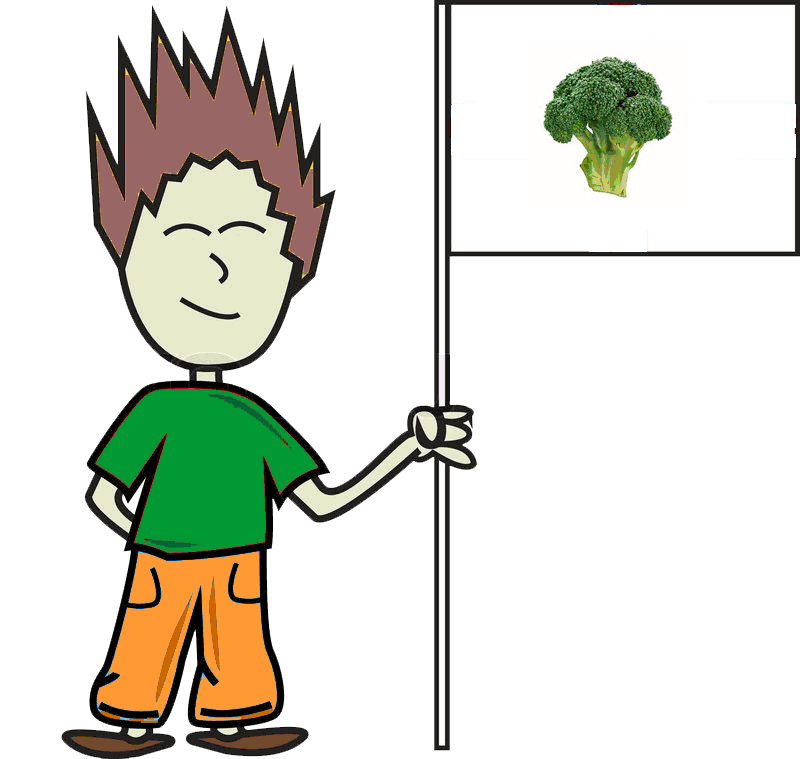By Kevin Paul Tracy
I’ve recently been inundated with fiction manuscripts to critique that contain a fair amount of political commentary. I’m not referring to the kind of politics you find in Game of Thrones or The Wheel of Time or TV’s Defiance – those are internal, fictional intrigues that apply only to the fiction milieu in which they are portrayed (though admittedly often they are thinly-veiled allegories for real-world politics.) I’m referring to issues, social and geopolitical, that we face today, in the real world.
 My knee jerk reaction to too great an infusion of real-world politics into modern fiction is to recoil. It pulls me out of the story and leaves a greasy taste in my figurative intellectual mouth. Even if I agree with the assertion being made, it irritates me, much like a lecture from my epically long-winded father would. I resent the author telling me what I ought to think, or, worse yet, giving me, the reader, a rhetorical wink-wink as if there is no question but that we agree on a particular issue. I reject such assumptions and my resentment for the work I’m reading and, by extension, its author grows from that point on with every turned page.
My knee jerk reaction to too great an infusion of real-world politics into modern fiction is to recoil. It pulls me out of the story and leaves a greasy taste in my figurative intellectual mouth. Even if I agree with the assertion being made, it irritates me, much like a lecture from my epically long-winded father would. I resent the author telling me what I ought to think, or, worse yet, giving me, the reader, a rhetorical wink-wink as if there is no question but that we agree on a particular issue. I reject such assumptions and my resentment for the work I’m reading and, by extension, its author grows from that point on with every turned page.
In today’s political climate, as polarized and often toxic a political environment as I’ve ever seen before, you are rarely assured of more than 33% of the population of the US alone agreeing with you. Extend that to international sales and, quite frankly, the numbers become even less predictable. You are guaranteed to alienate at least a third of your audience by infusing too much politics into your fiction.
 Granted, there are those who deliberately buy books that oppose their points of view merely to be challenged and to see what all the fuss is about, but those folks are quite few when counted among the greater number of readers who read fiction only to be entertained and nothing more. These readers tend to read for relaxation and comfort, and are unlikely to buy more books by an author who has offended or insulted them and their beliefs.
Granted, there are those who deliberately buy books that oppose their points of view merely to be challenged and to see what all the fuss is about, but those folks are quite few when counted among the greater number of readers who read fiction only to be entertained and nothing more. These readers tend to read for relaxation and comfort, and are unlikely to buy more books by an author who has offended or insulted them and their beliefs.
Even political satire in fiction is a delicate thing. An author must take care to be smart and subtle and, above all, funny to diffuse any tension that might be raised by your treatment of those whose politics you oppose. Some good examples of good political satire in fiction are books like Edwin Abbott’s Flatland, Terry Pratchett’s & Neil Gaiman’s Good Omens: The Nice and Accurate Prophecies of Agnes Nutter, Witch, and the eminent graphic novel Watchmen by Alan Moore and Dave Gibbons.
My advice is, unless you plan to give both sides of the issue fair representation, and are confident in your skill as a writer to do so, steer clear of real-world politics in your fiction. There are social issues you need not avoid: you can feel relatively assured that giving food to a starving child is a good thing, and rescuing a dog from a kill shelter is preferable to leaving him there. On more weighty matters, such as abortion, capital punishment, and immigration reform, tread lightly. You risk alienating as much as two-thirds of your potential fan-base out there, and which of us can afford to do that?
Check out Kevin’s latest releases, the wonderfully entertaining espionage thriller, “Rogue Agenda,” a startling and engrossing gothic thriller “Bloodflow,” and don’t miss Bloodtrail, the upcoming sequel to Bloodflow.




Not only that, if it isn’t done very, very well (like Ivan Denisovich or The Jungle well), shelf-life is nil.
Mari has another great point. Whenever we deal with a topic that’s immediate and likely to change on a dime, our tale becomes obsolete and irrelevant almost before it hits the shelves.
I think much of the polarization comes from the fact that so many people (and the media) become overly obsessed with feelings rather than logic or reasoning. There is the occasion to drift off into fantasy and lives that we don’t know, but sadly many people in our age are uninformed or misinformed about issues and are afraid of having to think about them. Polarization will probably increase because the media and the politicians thrive on it.
Lee
Tossing It Out